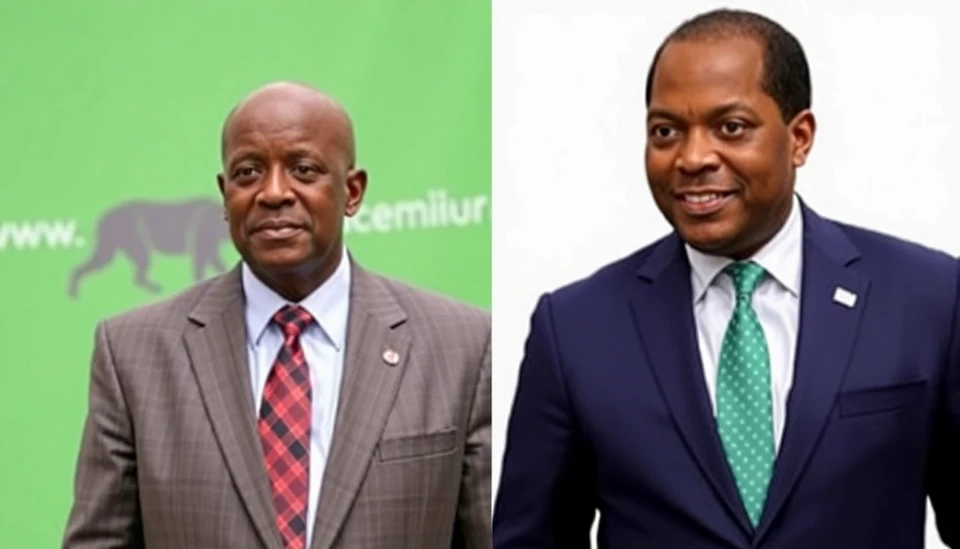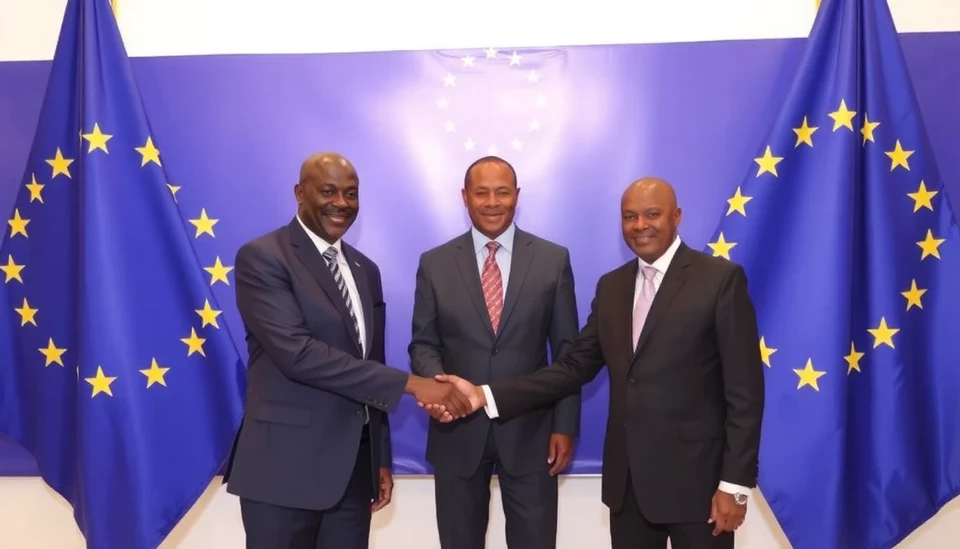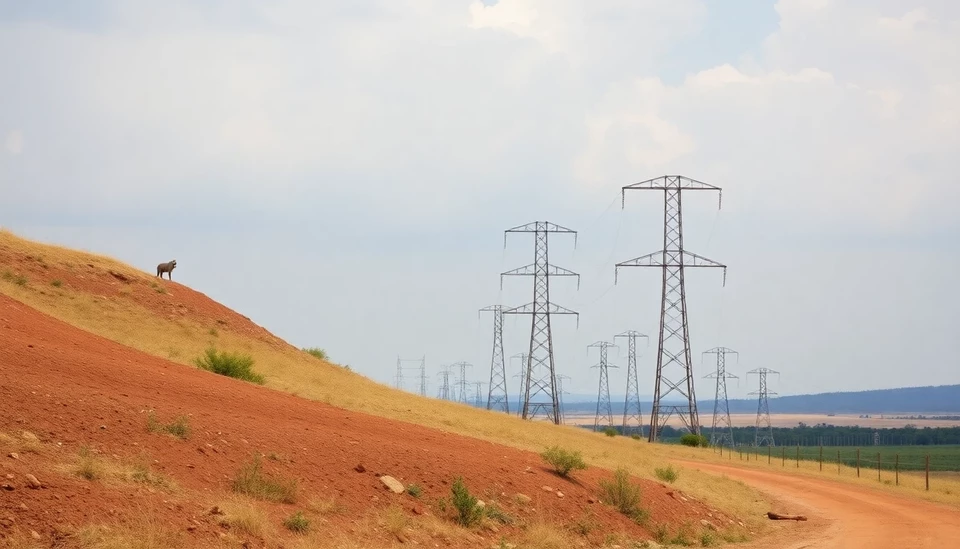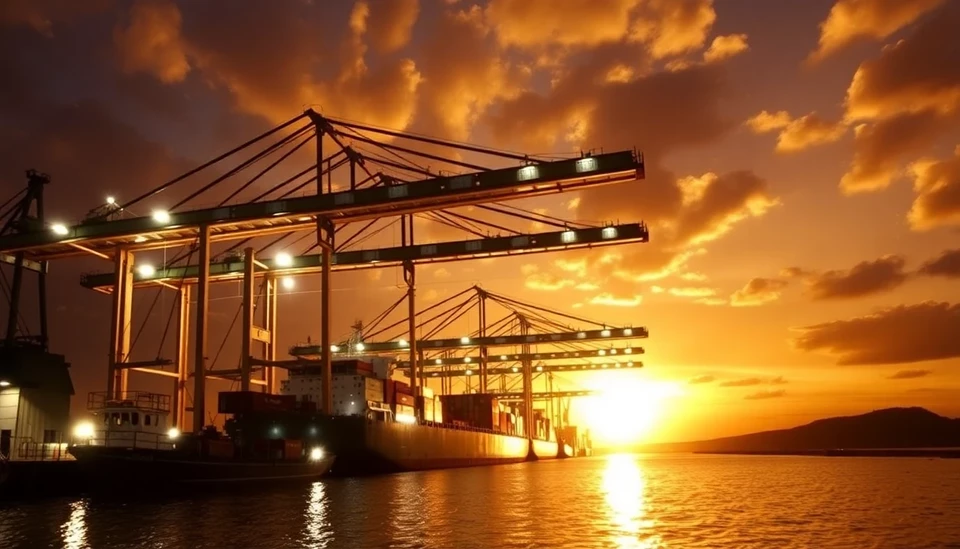
As Kenya grapples with rising public discontent over tax hikes, the government is adjusting its strategy in negotiations with the International Monetary Fund (IMF) aimed at securing crucial financial support. Following a series of protests against increased taxes, the administration is actively seeking a more pragmatic approach to the fundraising deal, acknowledging the backlash from citizens who are struggling with the economic burden.
The protests, which have highlighted the discontent among Kenyans over steep tax increases instituted to stabilize the economy, have cast a shadow over ongoing discussions with the IMF. Citizens have taken to the streets, voicing their grievances against what they perceive as excessive taxation in times of economic hardship. These public demonstrations have forced the government to reconsider its stance and adopt a more flexible negotiation approach that takes into account the economic challenges faced by its constituents.
As Kenya pushes for a comprehensive financial package from the IMF, the looming threat of tariffs imposed by the Trump administration on various goods is another layer of complexity that the country must navigate. The tariffs could impede trade relations and potentially stifle economic growth, making it imperative for Kenyan policymakers to secure favorable terms from the IMF. The ongoing tensions in global trade, particularly with the U.S., have prompted Kenya to reevaluate its revenue-generating strategies while weighing the repercussions of international trade policies on its economy.
Economic analysts suggest that the government’s shift towards a more realistic IMF deal could yield better results not only for international negotiations but also for the domestic economy. There is a growing call for reforms that prioritize sustainable fiscal management and support for the most vulnerable segments of the population. The administration is now faced with the critical task of balancing revenue generation with the need to alleviate the economic strain on everyday citizens.
Experts warn that failing to come to a reasonable agreement with the IMF could result in severe ramifications for Kenya’s economy, including stunted growth and a deterioration in public services. The comprehensive deal sought by the government is essential not only for immediate financial support but also for restoring investor confidence and ensuring long-term economic stability.
In summary, the Kenyan government finds itself at a pivotal crossroads as it navigates the challenges posed by tax protests and potential trade impacts stemming from American policies. The outcome of the negotiations with the IMF will be watched closely, as it will likely shape the trajectory of Kenya's economic recovery in the coming years.
#Kenya #IMF #TaxProtests #Economy #TrumpTariffs #FinancialSupport
Author: Rachel Greene




